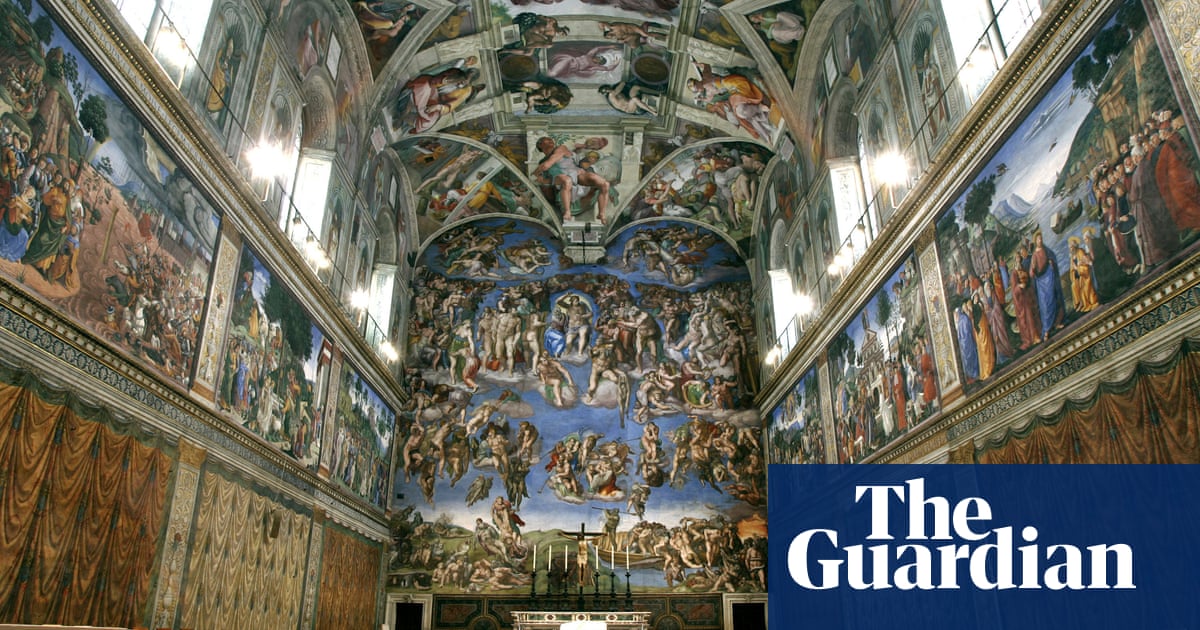Roman Catholic cardinals will meet in a secret conclave to elect the new leader of the global church from 7 May, theVaticansaid on Monday.
The date was decided during a closed-door meeting of cardinals at the Vatican, the first since the funeral ofPope Francison Saturday, a source said, speaking at the end of the gathering. An official announcement followed.
About 135 cardinals, all under the age of 80 and from across the world, are eligible to take part in the conclave and decide who should be the next leader of the 1.4 billion-member church.
The 16th-century Sistine Chapel,where conclaves are held, was closed to tourists on Monday to allow for preparations for the vote.
The two most recent conclaves, in 2005 and 2013, lasted two days. But the Swedish cardinal Anders Arborelius said on Monday he expected this conclave could take longer, as many of the cardinals appointed by Francis had never met one another before.
Francis had made a priority of appointing cardinals from places that had never had them, such as Myanmar, Haiti and Rwanda. “We don’t know each other,” Arborelius said.
The earliest the conclave could have begun was 6 May. Starting it a day later means the cardinals will have slightly more time for general discussions ahead of the momentous ballot.
Sign up toHeadlines Europe
A digest of the morning's main headlines from the Europe edition emailed direct to you every week day
after newsletter promotion
Francis, the pope since 2013, died aged 88 on 21 April. His funeral on Saturday and a procession through Rome to his burial place at the basilica of Santa Maria Maggioreattracted crowdsestimated atmore than 400,000 people.
The German cardinal Walter Kasper told La Repubblica newspaper that the outpouring of mourners indicated that Catholics wanted the next pope to continue with Francis’s reforming style of papacy.
Francis, the first pope from Latin America, largely tried to open up the often staid church to new conversations. He allowed debate on issues such as ordaining women as clergy and outreach to LGBTQ+ Catholics.
“The People of God voted with their feet,” said Kasper, who is 92 and will not take part in the conclave. “I am convinced that we must go ahead in the footsteps of Francis.”
However, a bloc of conservative cardinals are expected to push back against this and seek a pope who reasserts traditions and restricts Francis’s vision of a more inclusive church.
